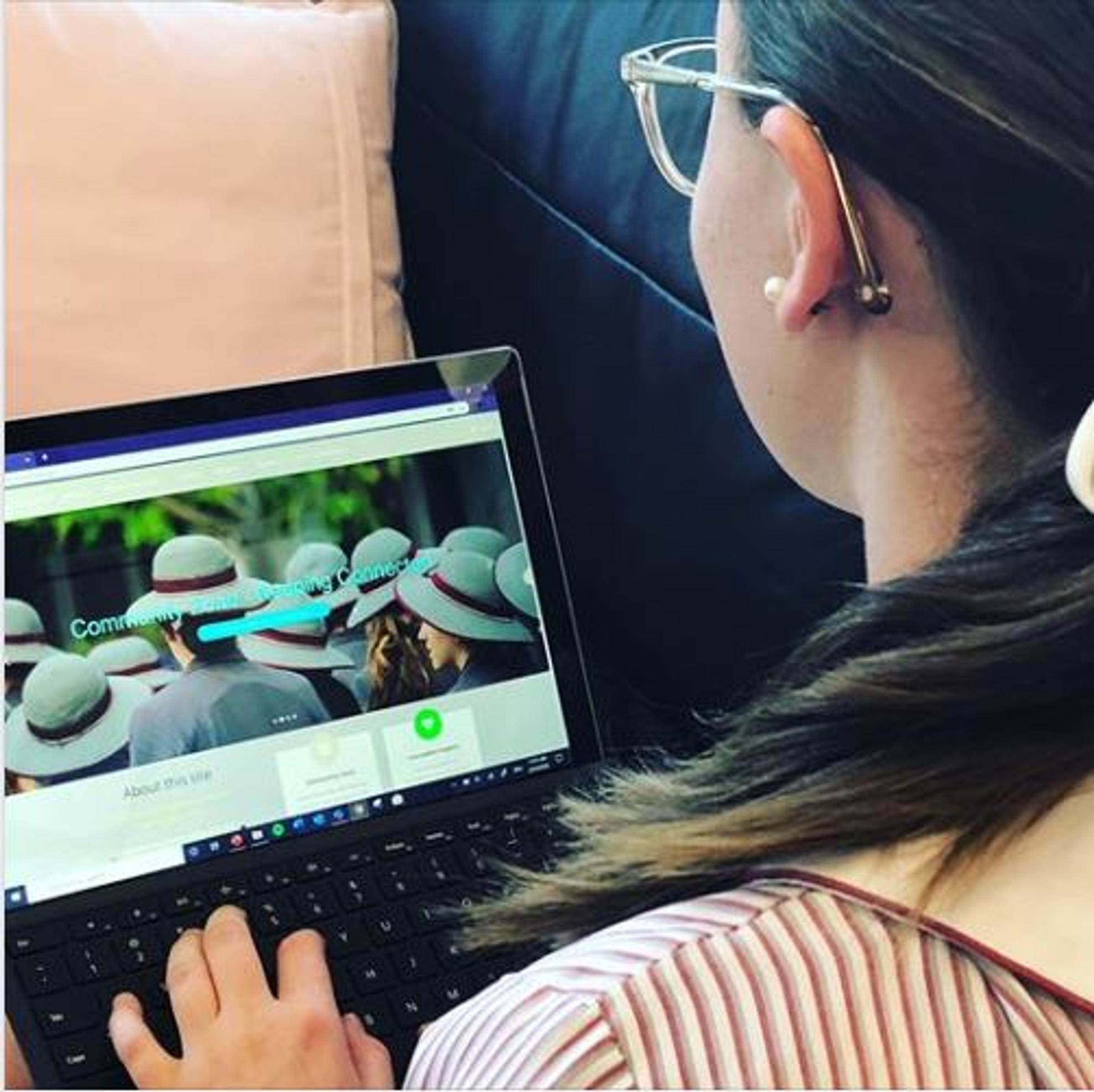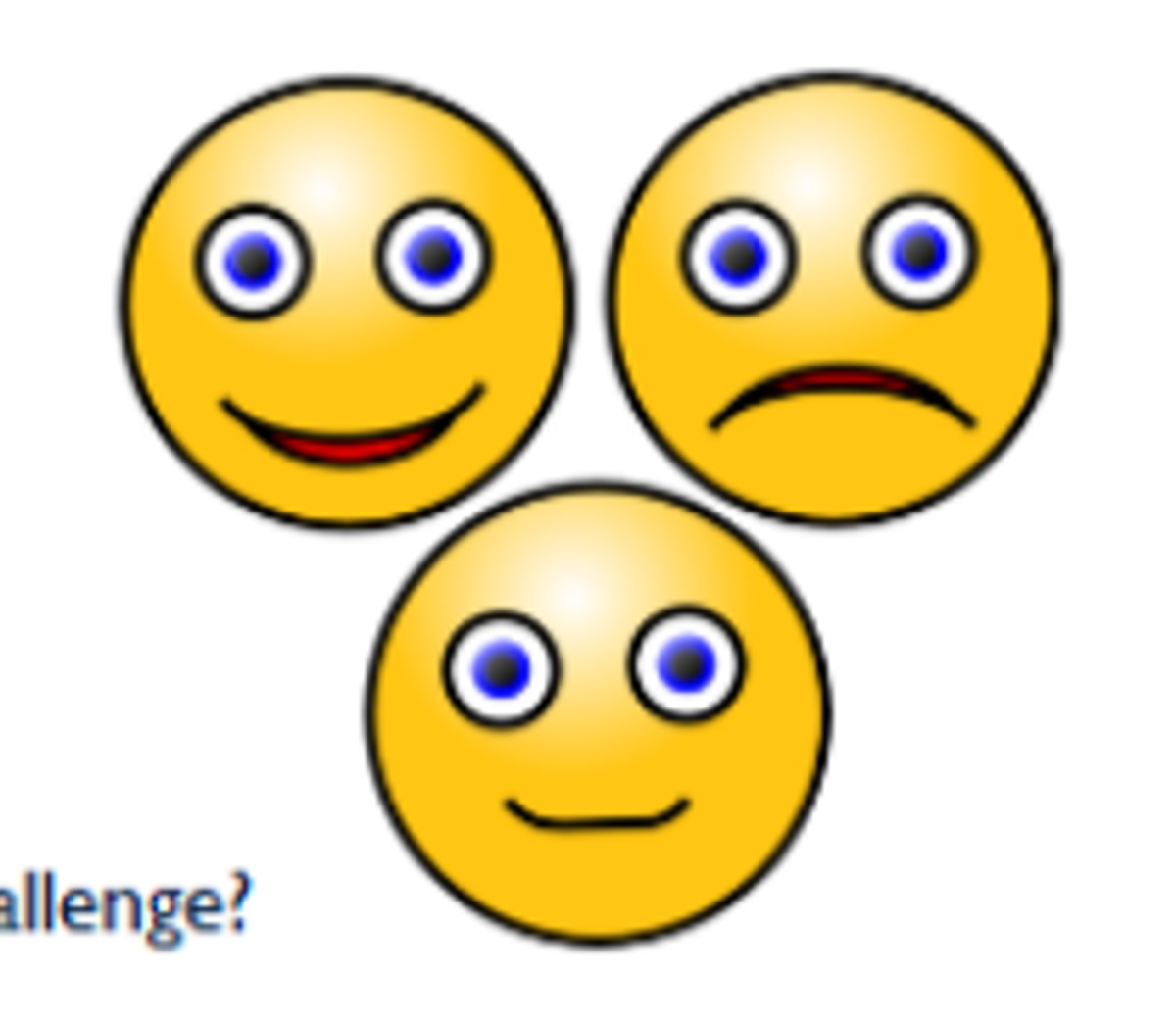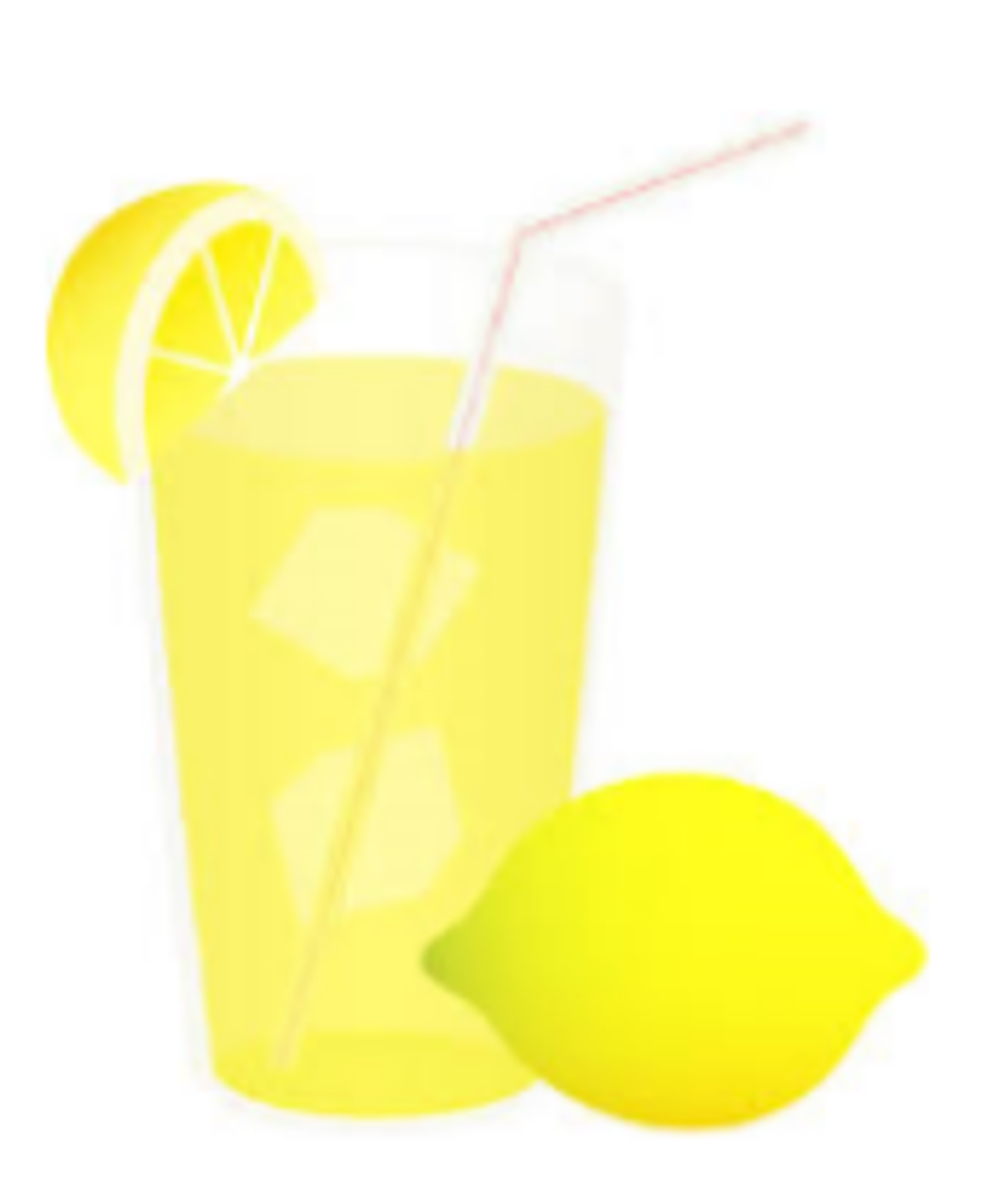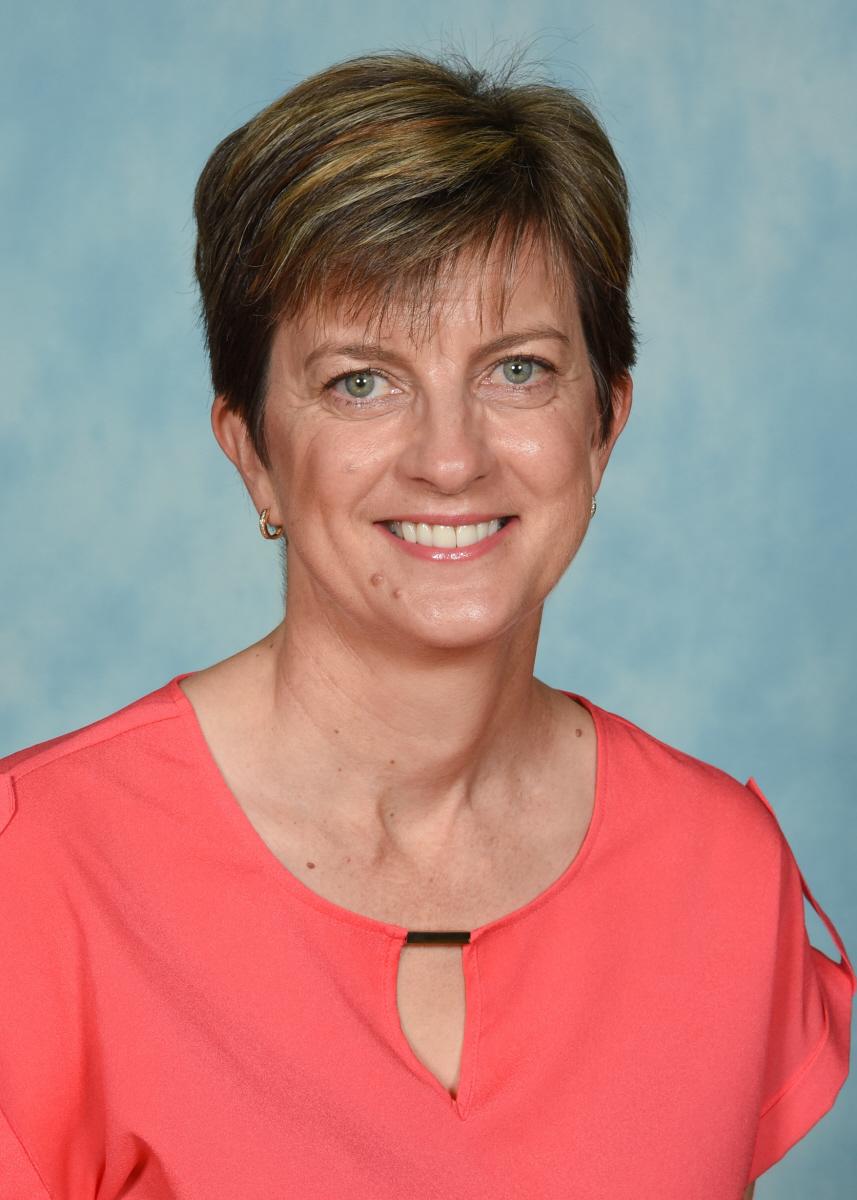Year 7 Pastoral Guardian

Supporting your Year 7 Child during Learning from Home
Learning from Home is here again, creating a whole range of emotions for parents, students, and teachers. Our Year 7s have a wide and varied range of experiences of LFH from 2020 and, coupled with their ongoing transition to high school, more than ever they need our support to manage and optimise their learning and overall wellbeing.
Top Tips for Parents
- Create a dedicated space for learning
- a quiet, work-focused environment, preferably in an open space where you can offer supervision and motivation, and avoid her potential to be isolated and distracted.
- an environment with good lighting and ventilation.
2. Establish routines for staying organised
- Rising from bed, showering, dressing in her uniform and eating breakfast.
- Eating healthy food and snacks and drinking at least two litres of water a day.
- Breaks between classes to move away from the desk.
- Set alarms to stay on schedule – for class, setting time limits for tasks.
- Time for eight to nine hours’ sleep is essential.
3. Check-in
Morning check-in:
- What are you learning today? Suggestion: print off the Weekly Planners so students can tick off their learning tasks; highlight areas of concerns and remind them to ask their teacher for further help.
- What are your learning targets or goals?
- How will you be spending your time?
- What resources do you need?
- What support do you need?
Afternoon check-in:
- What did you learn today?
- What was challenging? What can you do to address this challenge?
- Who can help you?
4. Promote self-care by:
- Encouraging relaxation and rejuvenation time - enjoy the simple and fun things in life, eg skipping, dancing, playing with pets, taking in some sunshine.
- Practising and promoting gratitude – According to Harvard Health Publishing School, practising “helps people feel more positive emotions, relish good experiences, improve their health, deal with adversity, and build strong relationships.” Ask:
- For what are you grateful?
- For whom are you grateful?
- How can you express this?
- Practising and promoting compassion
- Who do you think needs help?
- How can you help them?
- Encouraging mindfulness techniques.
- Reflecting on your circle of control – students learnt this in Term 1 PD lessons
- Promoting interaction with peers and family via video chats – Our young people are social beings, so maintaining social connections helps them to support each other, reduce the sense of isolation and minimises concerns about returning to school.
If you find your daughter is struggling, be sure to reach out and ask for support. You can do this by :
- Encouraging your daughter to email her teachers – classroom teachers, Home Room teachers - and ask for extra help. This promotes independence, problem-solving skills, and a real sense of satisfaction when she succeeds in asking for help.
- Contacting me as your daughter’s Pastoral Guardian.
- Encouraging your daughter to connect with a responsible study buddy from her class who can help with extra explanations, clarifying messages, working together on tasks through a video call, sharing samples of work.
- Connecting with a big sister or brother, a special aunt who can offer words of wisdom, comfort and perspective.
- Reminding her that you believe in her and her ability to do her best. Winnie the Pooh’s words are so affirming - “You’re braver than you believe, and stronger than you seem, and smarter than you think.”
As parents, seek ways to support your child’s engagement and motivation for learning, while also using this time to model and promote the skills of resilience and problem-solving to equip her for today and the future. Today’s challenges may appear to be lemons, but look for the lemonade by way of stronger and more meaningful connections with your children, learning new things together, and reinforcing he importance of being together.
Take care and best wishes as you navigate this lock down experience.
Jeni Barlow








